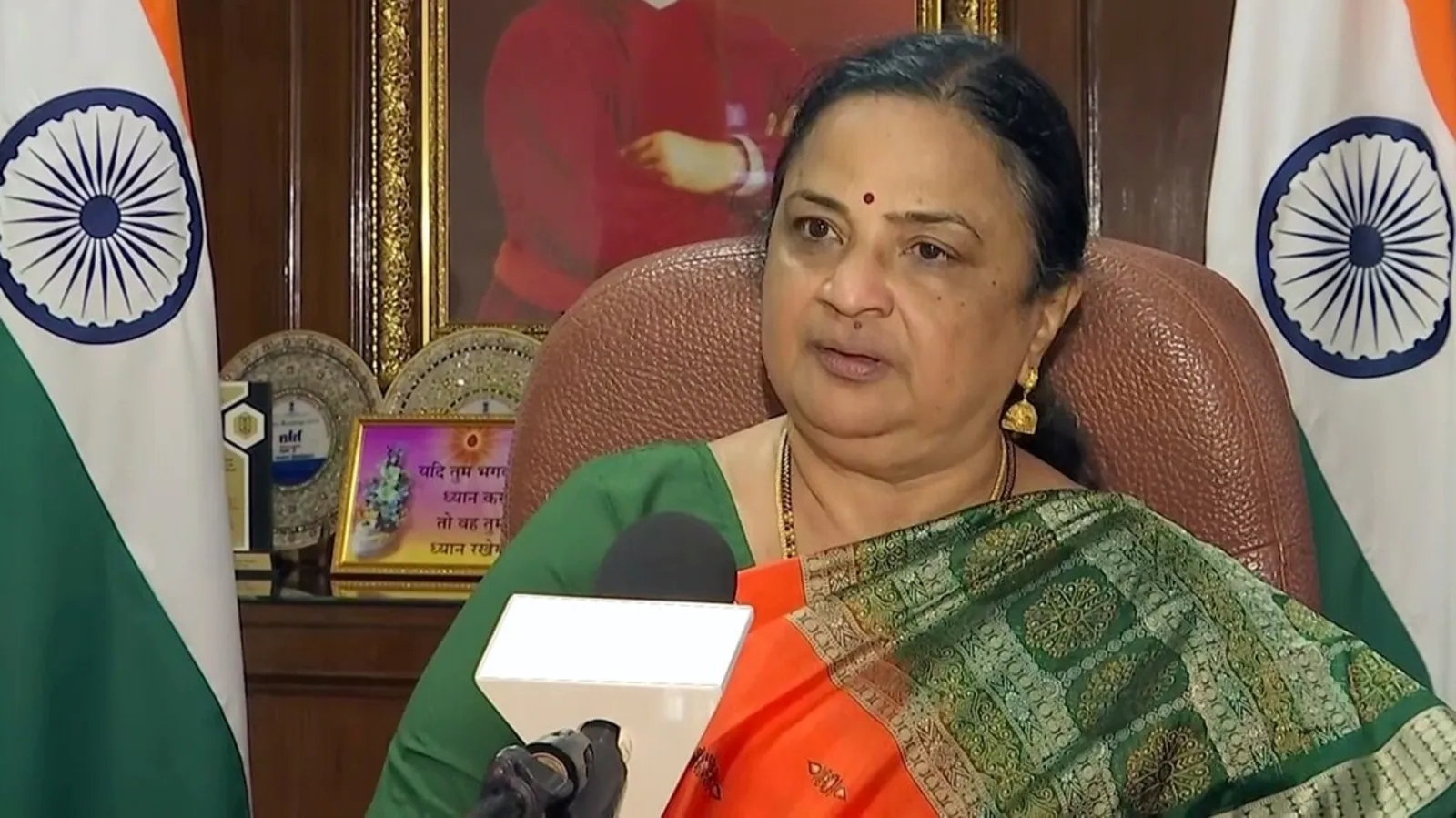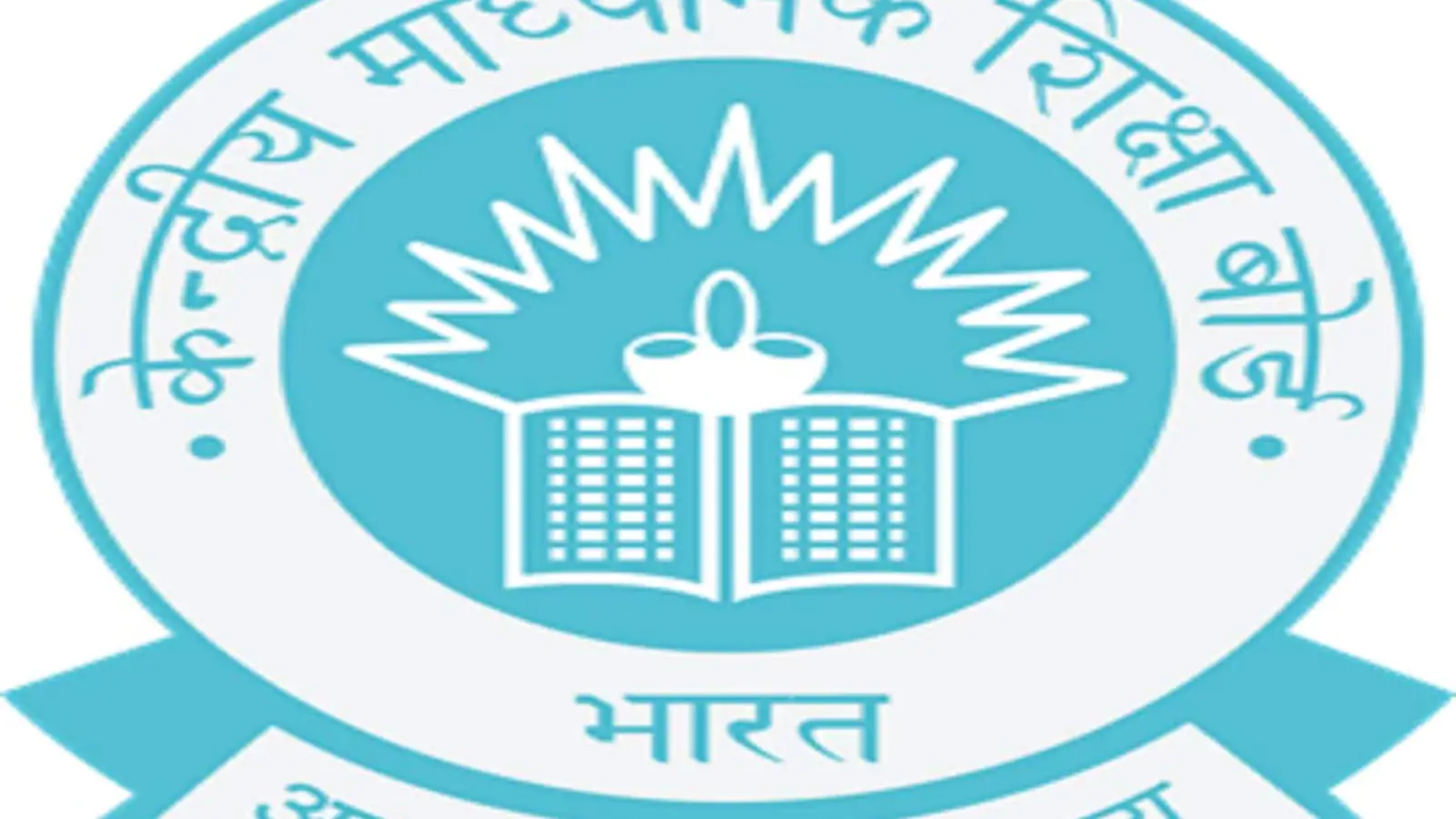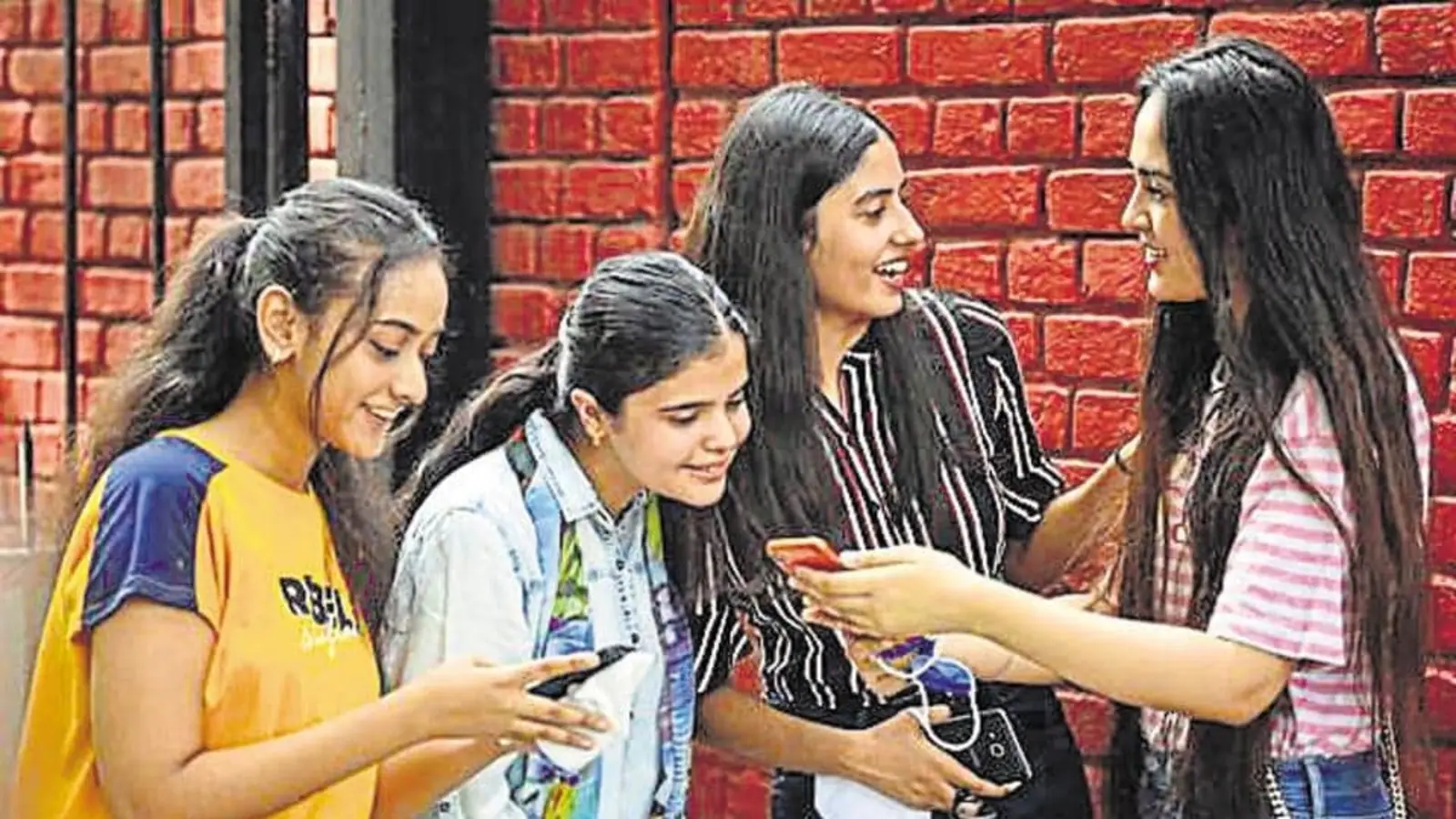On August 22, clashes broke out on the Jawaharlal Nehru University (JNU) campus after security guards tried to break up a protest led by the Right-wing Akhil Bharatiya Vidyarthi Parishad (ABVP) members demanding the release of scholarship funds. The two parties blamed each other for the provocation and assault, and registered first information reports (FIRs) against each other.
Over the past few years, the JNU campus has been rocked by several incidents of violence. Most such incidents saw student groups with opposing political affiliations and ideologies at odds. Last month’s incident, however, stood out since ABVP — Rashtriya Swayamsevak Sangh (RSS)’s student wing — took a position against the university administration. Blaming the administration for the provocation and violence, ABVP alleged that students were beaten up at the behest of JNU rector Ajay Kumar Dubey. While calling the incident unprecedented, Rohit Kumar, ABVP JNU unit president, said that the rector was rattled since ABVP levelled charges against him.
Soon after the incident, ABVP started a sit-in protest at the university demanding that Dubey is sacked and first information reports (FIRs) against students withdrawn. Dubey stepped down on August 29, and while no reason was cited, ABVP claimed that the resignation was a victory of its protest campaign.
Summer of discontent
The altercation of August 22 was the latest among a series of standoffs between ABVP and the JNU administration. On August 11, ABVP members staged a protest outside the dean of students’ residence after failing to get any redressal from the administration over the issue of water supply at the Mahi Mandvi hostel.
On August 19, ABVP laid siege to then-rector Ajay Dubey and sought his response to concerns about hostel renovation, fellowship, and corruption charges. The administration including the rector, and vice-chancellor (VC) Santishree Dhulipudi Pandit, also invited criticism from a section of JNU teachers, under the banner of Jawaharlal Nehru University Teachers’ Forum (JNUTF). JNUTF is a breakaway faction of the elected teachers’ body, Jawaharlal Nehru University Teachers’ Association (JNUTA), and has often taken a pro-government stand on various issues.
Discontent has been brewing among the teachers’ forum that has accused the VC of “pandering to Marxists”. While expressing disagreement and disappointment with Pandit’s recent appeal to modify the MCQ-based Common University Entrance Test (CUET) exam format for admission to postgraduate courses, the teachers’ body said that the VC was colluding with agents of chaos by casting aspersions on the CUET. “It is not only a premature submission but also a sign that the JNU vice-chancellor has been appropriated by the Marxist group of so-called intellectuals. She had been desperately trying to gain recognition by the Marxist group of scholars since the day of her assumption of the office in JNU,” said JNUTF president Milap Punia and secretary Nagendra Shreeniwas.
JNUTF versus VC
JNUTF said that the VC had been acting on the advice of Marxists and trying to earn their admiration by publicly showing agreement with the agenda of Marxist professors. “She has become the spokesperson of a disruptive group of teachers against this flagship academic restructuring policy of the government,” said JNUTF. The group said that while it had hoped that the first woman VC of the university would work for the liberation of the Indian education system from the clutches of “Eurocentric, elitist, and anti-India academics masquerading as intellectuals”, the VC’s approach and stance dimmed their hopes. JNUTF has also alleged that were “humiliated, insulted and publicly implicated with imagined charges” by the varsity administration including the rector ever since the new VC took charge in February this year.
Pandit, meanwhile, has said that allegations levelled against her are false and of malafide intent. Calling the allegations a part of a motivated campaign against her, she stated that the body’s conduct was patriarchal and misogynistic. “First I was called a Savarkar-wadi and Godse-wadi, now I have gone to the other end,” said Pandit, alluding to the criticism she received when she took charge.
Soon after her appointment in February, screenshots of tweets posted from an unverified account, @SantishreeD, were circulated on social media, drawing criticism. The handle, having tweets supporting Nathuram Godse, advocated that funding should be stopped to “communal campuses like Jamia and St Stephen’s”, and terming farmer leaders as “parasitic middlemen”, was deleted soon after that. She said the morphed tweets were an attempt to build a narrative against her.
While rejecting the allegations levelled by JNUTF, Pandit insists that a handful of teachers were spreading canards and campaigning against her. “Only a handful of teachers are doing this… They are saying I am against the government, against the RSS. This is utter nonsense. They are unable to tolerate a woman who can think for herself. They are going against their own prime minister by attacking a woman in this manner,” said Pandit.
A thaw in relations?
While many issues between the VC and the teachers’ forum remain unresolved, the resignation of rector Dubey could be the turning point in the back and forth between the various parties. On Thursday, JNUTF wrote to the VC flagging several concerns and seeking constructive engagement on various issues. The teachers’ forum letter to the VC takes a reconciliatory tone, much in contrast to multiple previous statements.



